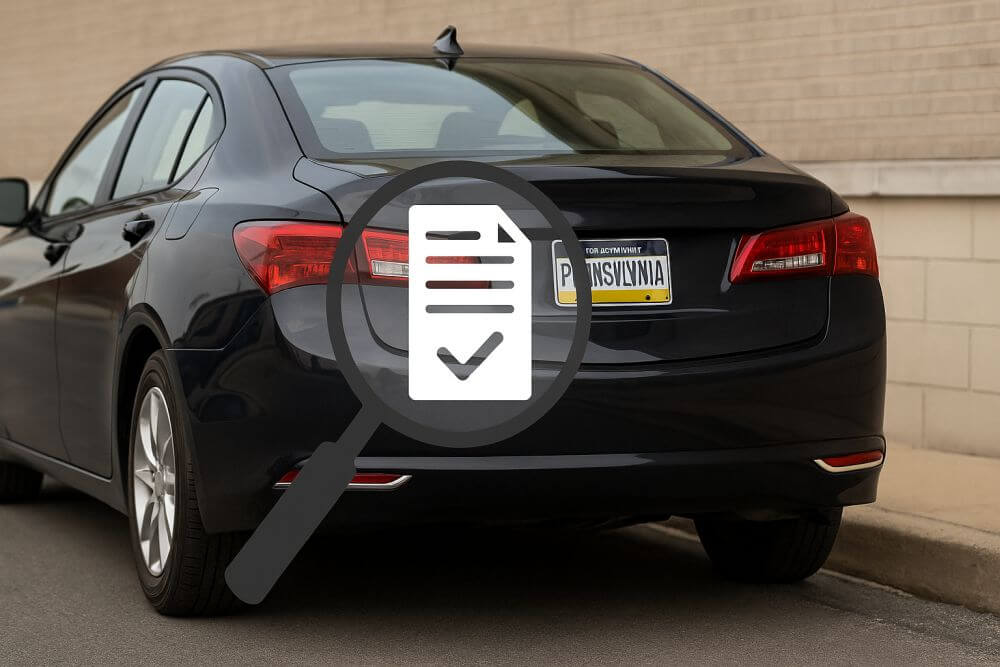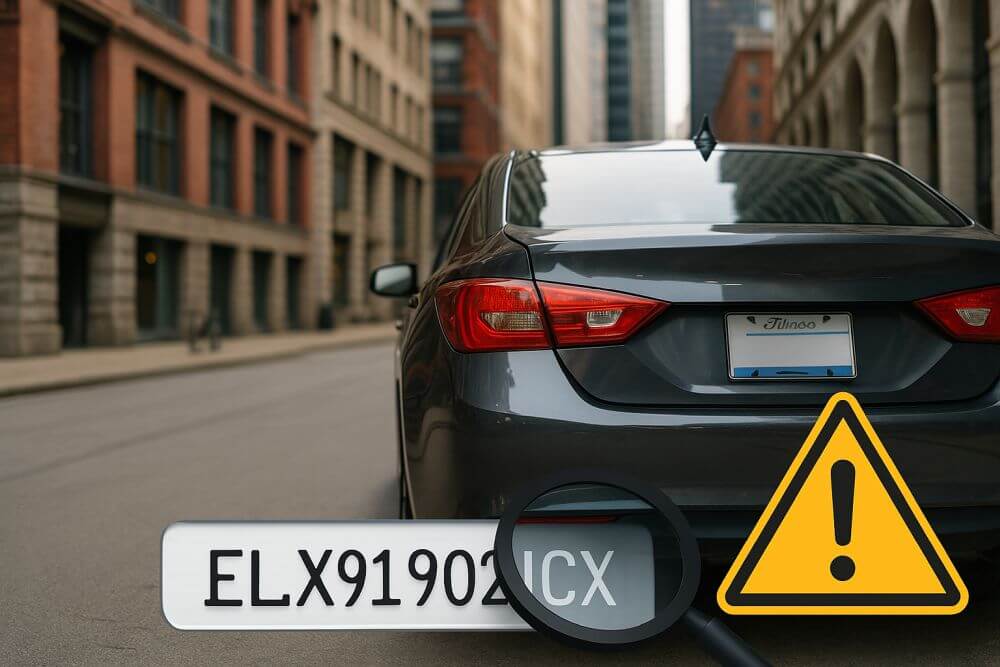When purchasing a used car in Florida, particularly from a private seller, knowing the history of the vehicle is crucial. Sometimes, you might want to find out more about the car’s previous owners for various reasons, such as checking the legitimacy of the sale or verifying the car’s history. One common question that arises in this context is whether you can find someone’s address from their license plate in Florida. This article delves into this question, offering insights into the legality and methods available for conducting a Florida plate address search. For comprehensive vehicle checks, including VIN decoding and vehicle history reports, consider utilizing resources like a VIN check free service.
Understanding Florida’s Privacy Laws
In Florida, as in many other states, privacy laws are in place to protect personal information. The Driver’s Privacy Protection Act (DPPA) is a federal law that restricts access to personal information in motor vehicle records. In Florida, this means that you cannot simply look up a person’s address using their license plate number.
Legal Methods to Obtain Address Information
While direct access to personal information from a license plate number is restricted, there are legal avenues to obtain such data under specific circumstances. These include:
- Law Enforcement Requests: Law enforcement agencies have the authority to access personal information for investigative purposes.
- Insurance Companies: If you are involved in an accident, your insurance company may obtain this information for claims processing.
- Private Investigators: Licensed private investigators can access this information as part of their work, although they must comply with legal guidelines.
Why You Might Want to Conduct a Florida Plate Address Search
There are several legitimate reasons why someone might want to conduct a Florida plate address search. These include:
- Validating Vehicle Ownership: Ensuring that the seller is the legitimate owner of the vehicle.
- Accident Investigations: Gathering information after a hit-and-run or other traffic incidents.
- Legal Proceedings: Acquiring necessary information for legal matters involving vehicle disputes.
The Connection Between License Plates and VIN Decoding
While you may not be able to access personal address information directly from a license plate, you can still gather a wealth of data about the vehicle itself. A license plate number can be used to obtain the Vehicle Identification Number (VIN), which is a valuable tool in vehicle research. By using a VIN decoder, you can access detailed information about the car, including its make, model, year, and history.
Steps to Decode a VIN
Decoding a VIN is straightforward with the right tools. Here’s how you can do it:
- Locate the VIN: The VIN is typically found on the driver’s side dashboard, visible through the windshield, or on the driver’s side door jamb.
- Use a VIN Decoder: Access an online VIN decoder such as the one provided by VinCheckPro.
- Enter the VIN: Input the VIN number into the decoder to receive a detailed report including the vehicle’s history, specifications, and any reported issues.
By understanding the vehicle’s history and specifications through VIN decoding, you can make a more informed decision when purchasing a used vehicle. For further assistance, you can explore resources like the Florida car owner lookup tool available online.
Frequently Asked Questions
Can I legally find someone’s address from their license plate in Florida?
No, due to privacy laws such as the DPPA, accessing personal address information from a license plate without proper authorization is illegal.
What information can I get from a license plate in Florida?
While personal address details are restricted, you can use a license plate to find the VIN of the vehicle, which can then be used to access vehicle history and specifications through a VIN decoder.
How can a VIN decoder help me?
A VIN decoder provides detailed information about a vehicle, including its make, model, year, and history, which is crucial for making informed purchasing decisions.
Are there exceptions to accessing this information?
Yes, certain entities like law enforcement, insurance companies, and licensed private investigators can access this information under specific circumstances.
What should I do if I need more information about a vehicle?
Consider using online tools such as VinCheckPro’s VIN decoder for comprehensive vehicle information, helping you verify the legitimacy and history of the vehicle you are interested in purchasing.


